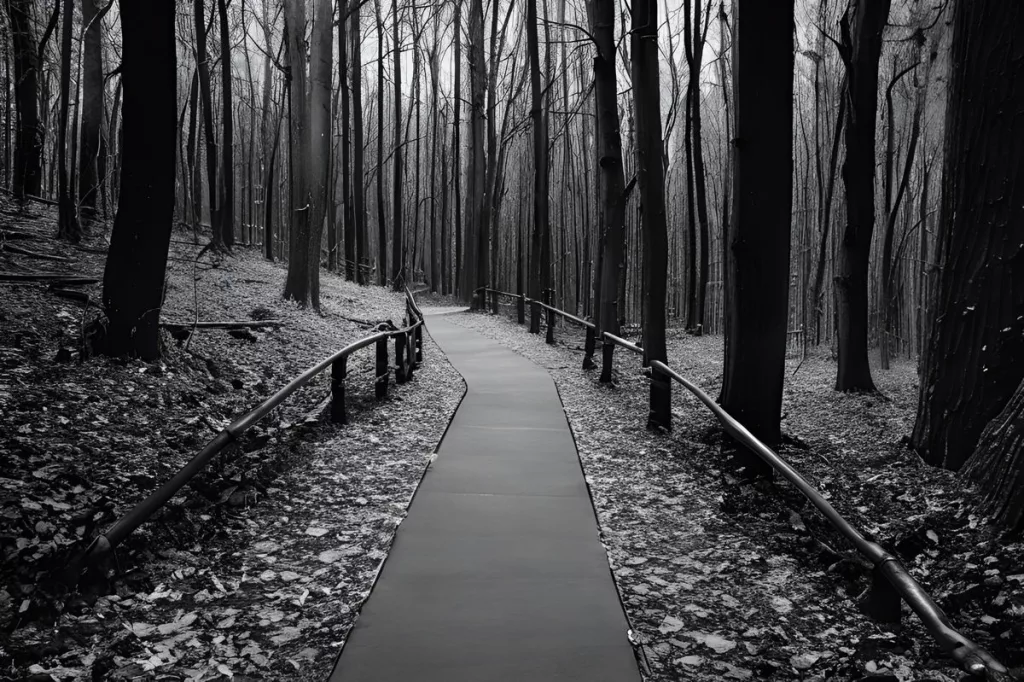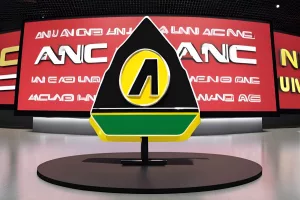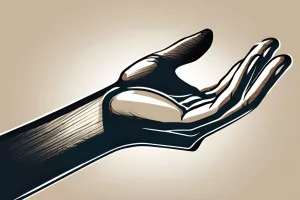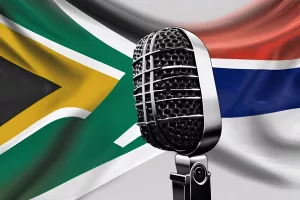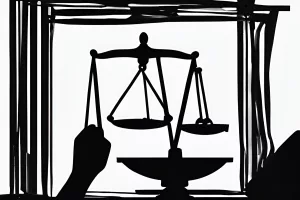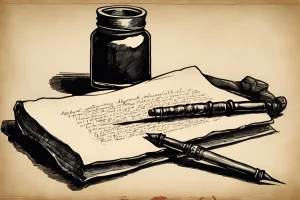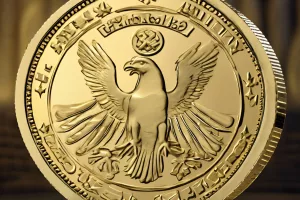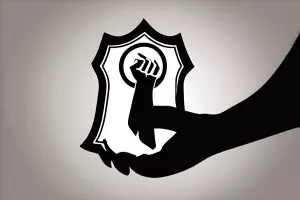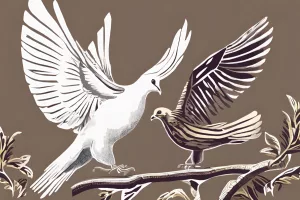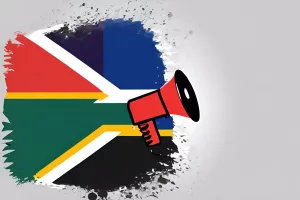John Steenhuisen’s lack of formal education has been a subject of criticism in South African politics, but it has not hindered his rise to the leadership of the Democratic Alliance. Steenhuisen’s political path is marked by an unflagging commitment to public service rather than academic accomplishments. His sharp comebacks to critics demonstrate his belief that moral uprightness should be the key measure of public service. Steenhuisen’s career serves as a testament to the idea that success in politics is not always linked to conventional educational routes.
The African National Congress (ANC) is holding a virtual disciplinary proceeding against expresident Jacob Zuma for breaching party rules, marking a significant juncture in South Africa’s political scene. The hearing was moved online due to safety concerns, and Zuma’s endorsement of a rival party has created tension within the ANC. The outcome of the hearing will have broader implications for the future trajectory of the ANC and the evolution of South Africa’s political landscape.
Ringo Madlingozi is a famous Afropop musician from South Africa who briefly entered politics in 2019 as a member of the Economic Freedom Fighters (EFF) party. He resonated with the party’s emphasis on land expropriation without compensation but announced his retreat from politics in mid2021 to reaffirm his dedication to his music. Madlingozi’s tale serves as a reminder of the transformative potential of selfexpression, whether through music or political rhetoric, and his journey from music to politics and back offers a unique narrative in South Africa’s political and cultural landscape.
Sisisi Tolashe is the new Minister of Social Development in South Africa, tasked with overseeing the South African Social Security Agency (SASSA) grants and the Department of Social Development (DSD). She faces significant challenges, including streamlining the payment method for SASSA grants and potentially rolling out a Basic Income Grant in the future. With her political and public service experience, Tolashe and her deputy, Ganief Hendricks, offer a beacon of hope for South Africa’s most vulnerable citizens, despite the daunting tasks that lie ahead.
South Africa witnessed a historic event with the inaugural session of the National Council of Provinces (NCOP) on June 15th, 2024. The NCOP comprises 54 representatives from all nine provinces, pledging to serve the South African population. Ms. Refilwe MtshweniTsipane from the Mpumalanga province was unanimously elected as Chairperson, while Mr. Kenneth Mmoiemang was elected as Chief Whip. The NCOP embodies the principles of inclusive and democratic governance, prioritizing provincial representation over personal political aspirations.
South African politics has shifted with the appointment of Thokozile Didiza as Speaker and Annelie Lotriet as Deputy Speaker of the National Assembly. Didiza has held several prominent roles in parliament, while Lotriet brings a wealth of experience as a member of the Democratic Alliance. Their election marks a new era in South African politics, with both women bringing expertise and academic credentials to their positions.
The Democratic Alliance is challenging President Cyril Ramaphosa, alleging that he has used his executive position for political gain. The tension between a public office’s responsibilities to citizens and the potential for misuse is a global theme, highlighting the importance of political opposition in holding power accountable. This power struggle in South Africa exposes the intricate dynamics of political maneuvering in a democratic society and the pivotal role of opposition parties in upholding democracy.
Get a glimpse into the heart of South African politics as the country prepares for the South African Legislative Sector’s Forum, a significant event where authorities from all nine provincial legislatures meet to strategize and reflect. The forum’s leadership steers the legislative sector, ensuring that the sector’s initiatives align with the country’s needs. The session involves discussions of the 7th Parliament’s and Provincial Legislatures’ arrival and the presentation of legacy reports from the 6th parliamentary tenure. Although the forum is an internal gathering, the South African Parliamentary Institute shares its report and training agenda for Members of Parliament and officials for the upcoming tenure.
Ms. Nosiviwe MapisaNqakula resigned as the Speaker of the National Assembly and a Member of Parliament due to her strong belief in the credibility and responsibilities of Parliament and the laws of South Africa. Her resignation has caused a significant shakeup in South African parliamentary politics and sparked much analysis and conversation. Understanding the role of the Speaker in the legislative process is crucial in appreciating the weight of her resignation. Despite the transition, the Parliament remains dedicated to the service of the South African people and the preservation of the country’s legal structure.
Serious corruption charges have been laid against the Speaker of Parliament, Nosiviwe MapisaNqakula, causing turmoil in South African politics. The United Democratic Movement has demanded her arrest, and the Gauteng High Court rejected her application to stop it. MapisaNqakula is accused of taking R4.5 million in bribes from a South African National Defence Force contractor, raising questions about the integrity of toptier public officials. Other political organizations have also called for her arrest and accountability, and the country waits for her next course of action.
Money plays a critical role in South African politics, particularly as the 2024 general elections approach. The Outlier, a data journalism platform, has analyzed the financial backers of political parties, revealing the significant influence of wealthy individuals and families such as Martin Moshal and the Oppenheimers. The financial strength of parties will undoubtedly shape the country’s political landscape, with the African National Congress potentially losing its position after three decades in power.
The Democratic Alliance’s endorsement of Israel in relation to Gaza has caused negative effects on its public image and may have affected its supporter base. Al Jamaah’s decision to exclude the DA from their support framework may lead to significant gains for other political factions, especially as the Western Cape has a substantial Muslim demographic. The DA’s future course will depend on their ability to negotiate the complexities of both international relations and domestic political dynamics.
These resignations highlight a growing sense of dissatisfaction among senior members, leading to increased questioning of the party’s current direction. Two prominent figures, Dr Kgosi Letlape and Nathi Nhleko, have resigned from the African National Congress (ANC) due to ideological differences and perceived shortcomings within the party. Dr Letlape was critical of the party’s new National Health Insurance policy, which he believed was merely a new avenue for siphoning off public funds. Nhleko cited the party’s failures and his disappointment in witnessing the suffering caused by the ANC’s governance.
Ferlon Christians, the leader of the African Christian Democratic Party in Western Cape, boldly declared his support for Israel amid controversy surrounding the International Court of Justice’s hearings regarding Israel’s control over Palestinian territory. His statement, “Long live Israel,” sparked a range of responses, illustrating the complex nature of South Africa’s stance on the IsraeliPalestinian conflict. The ACDP’s longstanding support for Israel has attracted criticism, with opponents accusing the party of endorsing Israeli genocide and fostering racism. The issue remains controversial and requires careful handling and delicate negotiation.
In a constantly changing political climate in South Africa, a new ray of hope has emerged in the form of Rise Mzansi. The Heartfelt Arena in Pretoria bore witness to a significant moment as Songezo Zibi, the leader of Rise Mzansi, unveiled the party’s election manifesto. This event marked a crucial turning point in the nation’s journey towards democracy, embodying an ethos of transformation and progress.
Rise Mzansi is a new political party in South Africa that has gained an incredible following of 200,000 citizens in a short amount of time. Led by visionary Songezao Zibi, the party’s core values focus on political reform, public safety, economic growth, inclusivity, justice, and addressing corruption and climate crisis. They plan to tackle issues such as unemployment and service delivery by using a grassroots approach and consulting with communities. Rise Mzansi has also attracted experienced members from other political parties, and their promising future suggests they could make a significant impact on the political scene.

